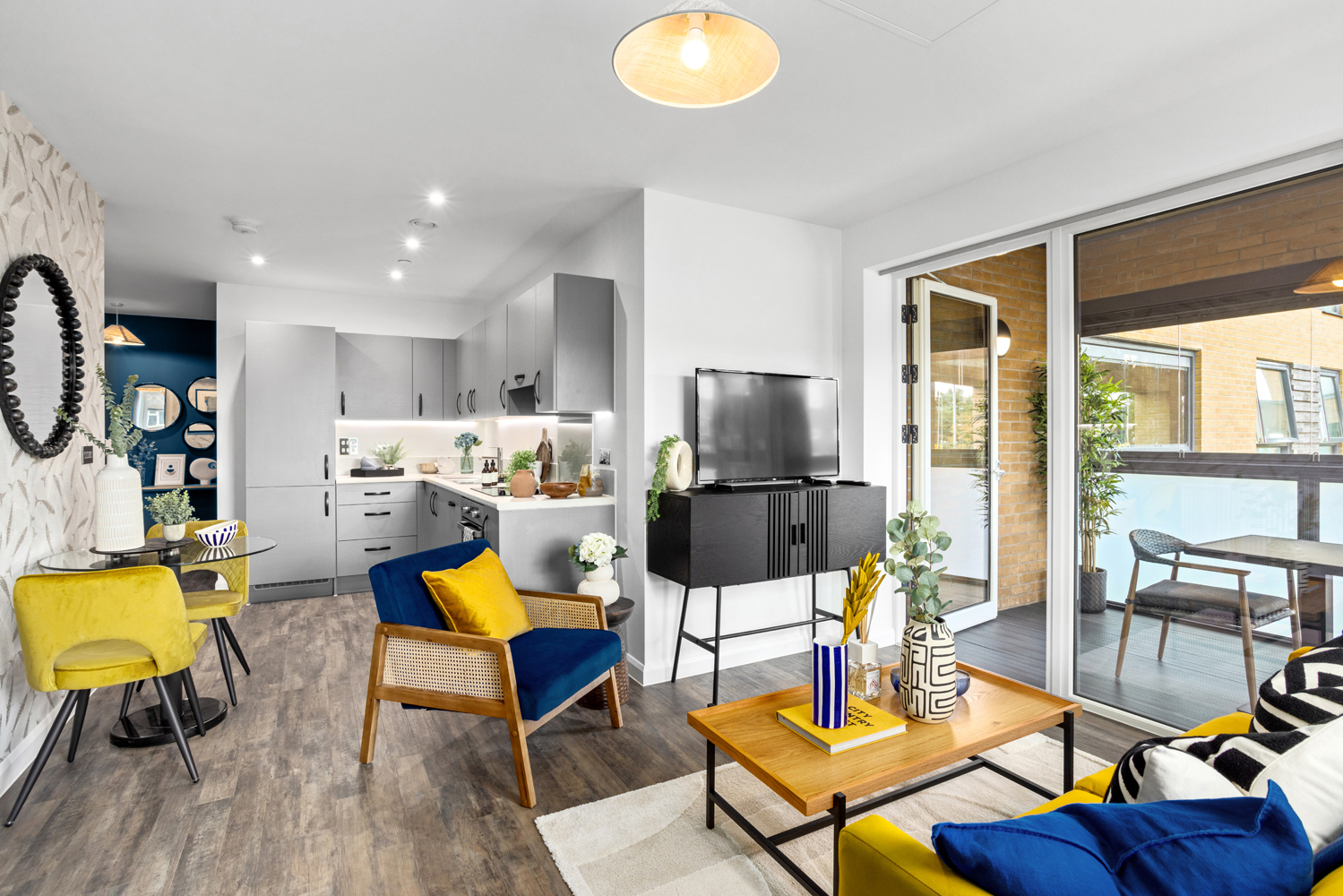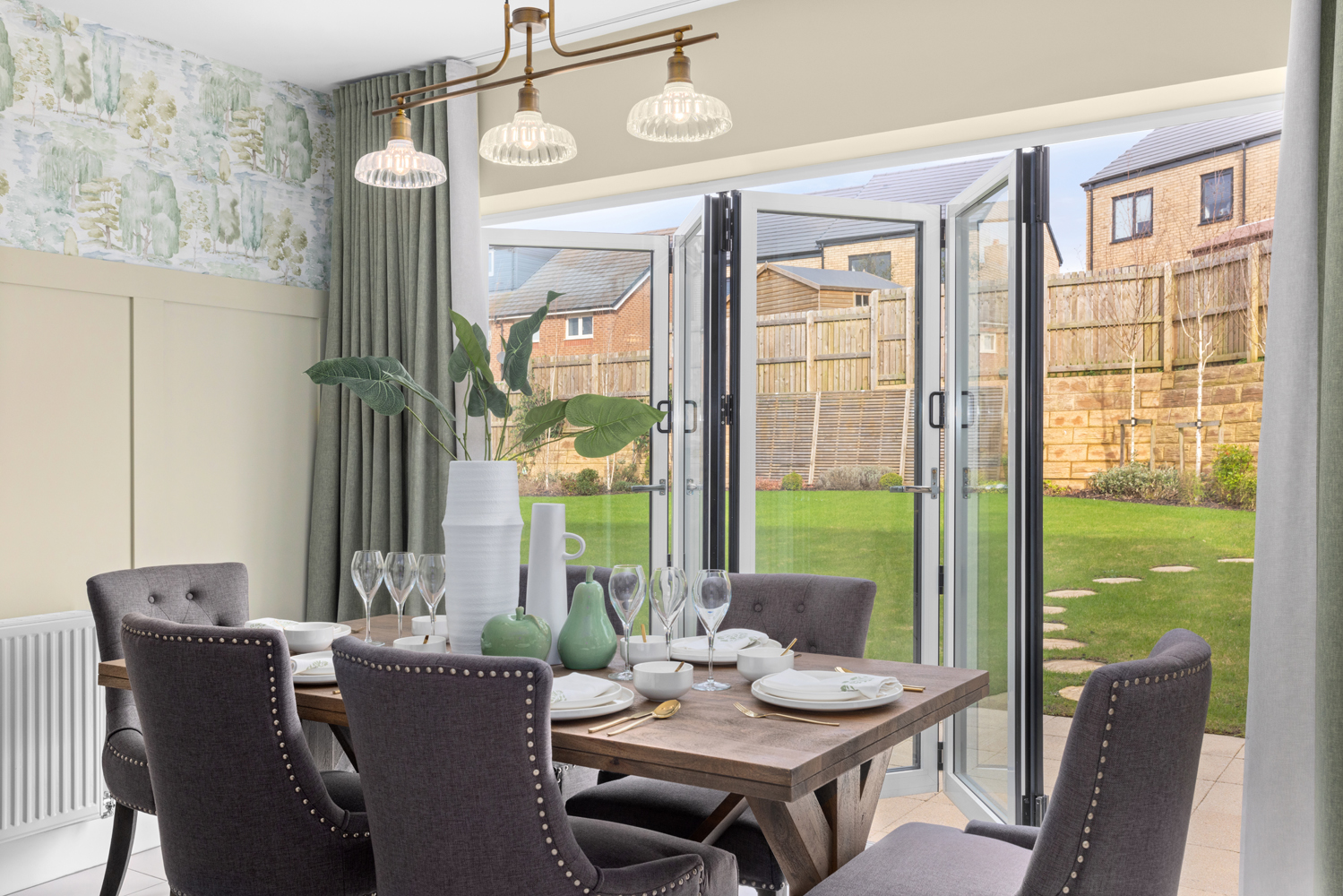Whether you’re buying through Shared Ownership or on the open market, choosing a home with a high EPC rating means lower running costs and a smaller environmental impact.
Find out more about our available homes here.



An Energy Performance Certificate (EPC) gives a property an energy-efficiency rating from A (most efficient) to G (least efficient). The certificate includes an estimate of the home’s energy use, carbon dioxide emissions and what you could do to improve its rating – for example, adding insulation or upgrading the boiler. You can view EPCs for most homes in the UK online via the Government’s official register.
An EPC provides useful insights into how much a property could cost to heat, light and power. It can also include recommended steps to make the home more energy-efficient – helping you cut bills and reduce your carbon footprint.
Each EPC is valid for 10 years, and it must be available to buyers when a home is put on the market, whether it’s for sale or to rent.

Sellers are legally required to provide an EPC when selling a home. The only exception is if you’re buying off-plan, where the home hasn’t been built yet. In this case, developers can provide a Predicted Energy Assessment (PEA) – this gives an estimated rating based on the design of the home. Once the home is built and ready to move into, it will receive a full EPC.

Many lenders now take EPC ratings into account as part of mortgage affordability assessments. Homes with higher EPC ratings (A-C) are generally cheaper to run, which can strengthen your application. Some lenders also offer green mortgages, giving better rates or cashback incentives for energy-efficient properties.
On the other hand, homes with lower EPC ratings (D or below) could lead to higher energy bills – something lenders may factor into their calculations when deciding how much you can borrow.
Most new build homes are designed to be more energy-efficient than older homes. At L&Q, we’re committed to improving the energy performance of the homes we build. In 2024/2025, 100% of the homes we handed over had an EPC rating of B or higher. We implement a range of sustainable features across our developments to help ensure this, including:
Whether you’re buying through Shared Ownership or on the open market, choosing a home with a high EPC rating means lower running costs and a smaller environmental impact.
Find out more about our available homes here.